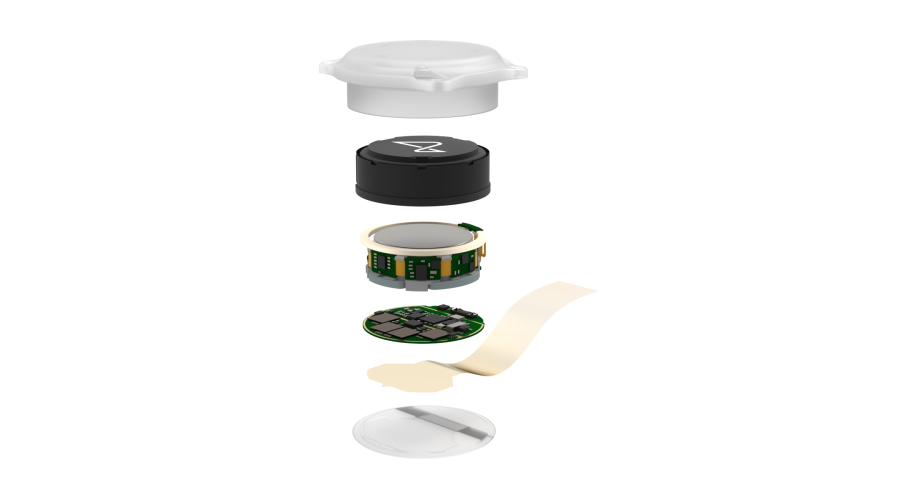Elon Musk’s Neuralink brain interface chip set for human trials

Clinical trials of a wireless brain chip developed by Elon Musk’s Neuralink company will be tested in human volunteers within the next six months – and Musk himself says he intends to have one implanted for a future demo event.
Neuralink has been promising that the technology will be ready for clinical trials soon for some time – first saying they were around the corner back in 2019 – so the latest announcement by Musk at an update last week may be met with some scepticism.
Among the potential applications of the technology is restoration of vision in people who are blind – even if they have been since birth – and to restore body functions in cases of where the spinal cord is damaged, said Musk at the recruitment event.
“We’re confident that there are no physical limitations to restore full body functionality […] to someone who has a severed spinal cord,” he added.
The “ultra-high bandwidth” brain computer interface (BCI) technology relies on the use of micron-scale threads that are inserted into areas of the brain that control movement, with each thread containing multiple electrodes that can detect neural signals.
The threads are so fine that they have to be implanted using a surgical robot, according to the Neuralink website. Along with use of the technology to solve healthcare challenges, the company intends to develop it for mundane tasks, such as controlling a computer keyboard or mouse directly using the brain.
“Obviously, we want to be extremely careful and certain that it will work well before putting a device in a human, but we’ve submitted, I think, most of our paperwork to the FDA,” he said, according to video from the event posted in Musk’s Twitter platform.
https://twitter.com/neuralink/status/1598669393122033669
The device has been tested in animals so far, and last year Neuralink unveiled a pig called Gertrude, which had a chip implanted that allowed neural activity in her snout to be transmitted and recorded as she rooted for food.
Chips have also been implanted into monkeys, allowing them to play the simple computer game Pong or interact with an on-screen keyboard using its brain.
Musk also defended Neuralink’s record on animal welfare during the event, which has come under scrutiny from groups including the Physician’s Committee for Responsible Medicine, which is calling for the company to release data from experiments on monkeys, including side effects from the procedure, such as infections.
https://twitter.com/PCRM/status/1597963676317020160











